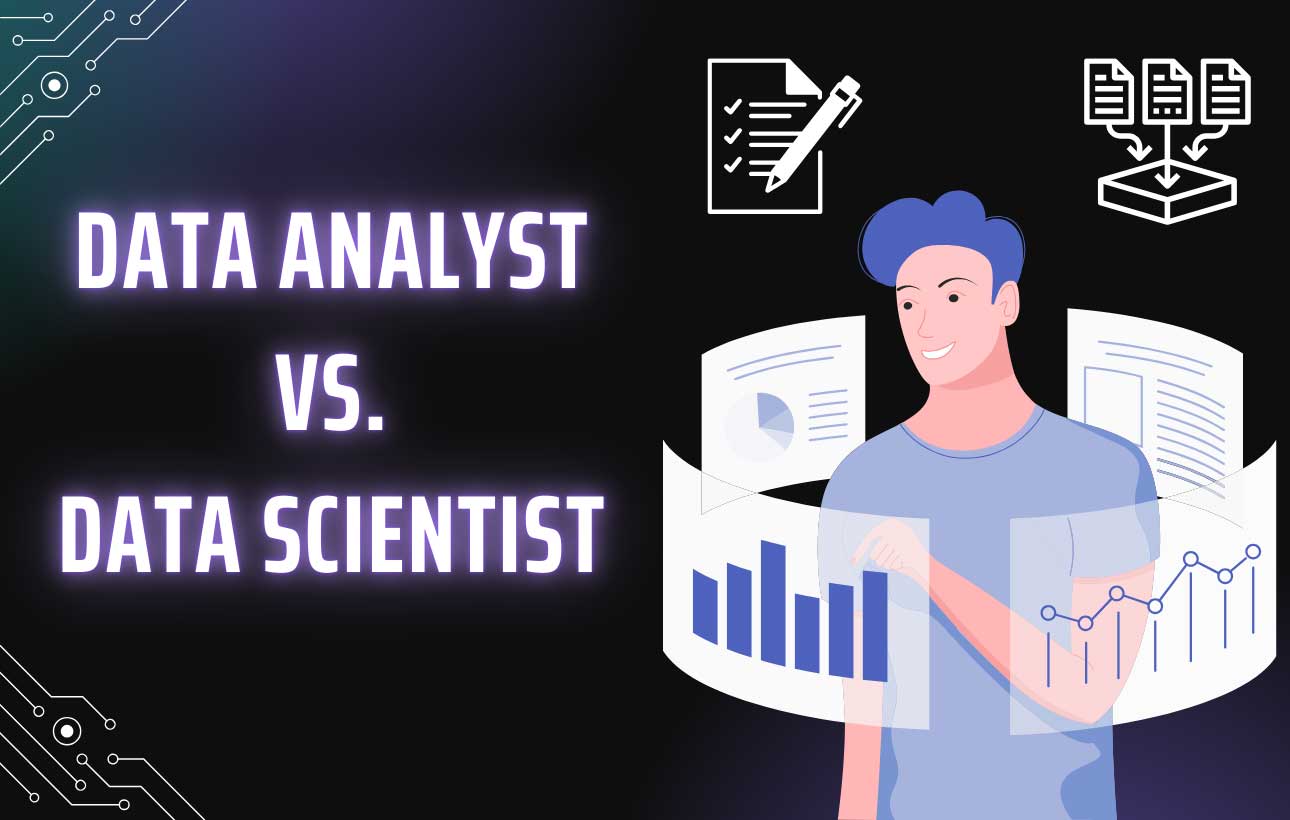Technology permeates every aspect of our lives in this digital age. As the world becomes increasingly interconnected, the threats to digital infrastructure continue to grow. This has led to a significant demand for cyber security professionals who can protect sensitive data and safeguard digital assets. Today, the need for robust cyber security measures has never been more critical. Here are the top 7 reasons why studying cyber security should be at the top of your list:
- High demand for cyber security professionals
Today, both private and public organizations are actively seeking individuals with expertise in cyber security to protect their networks, systems, and sensitive information. With cyber security studies, you can easily position yourself as a highly sought-after professional in the industry. You can choose from a wide range of job opportunities. - Growing number of specializations
Cyber security is a vast field with numerous specializations. Thus, you can easily find your niche and focus on areas that align with your interests and strengths. Whether you are interested in ethical hacking, digital forensics, network security, or risk management, you can get a specialization that suits your career aspirations. It can be easy to always find new challenges and opportunities for growth within the field. - Offers excitement and intellectual stimulation
A career in cyber security is far from monotonous. The constantly evolving threat landscape ensures that every day brings new challenges and opportunities to learn. As a cyber security professional, you can always be at the forefront of innovation, constantly adapting to new technologies and staying one step ahead of cybercriminals. If you thrive in dynamic and fast-paced environments, you will love the excitement and intellectual stimulation you crave. - You can tackle complex technical challenges
The domain of cyber security needs a deep understanding of complex technical concepts. Studying cyber security will equip you with the knowledge and skills to tackle intricate challenges involving network vulnerabilities, malware analysis, encryption algorithms, and much more. As a cyber security professional, you can play a crucial role in protecting vital digital assets. - Lucrative salary prospects
The high demand for cyber security professionals has led to attractive salaries and benefits. Organizations understand the value of protecting their assets and are willing to invest in talented individuals who can ensure digital security for their businesses. Cyber security professionals often enjoy competitive salaries, excellent benefits, and opportunities for career advancement. - You can be a savior
Cyber attacks can have devastating consequences for individuals and businesses alike. By studying cyber security, you can acquire the skills to prevent and mitigate these attacks. This can make you a savior for those affected. You can safeguard sensitive information, protect financial assets, and preserve the privacy of individuals and organizations. - Excellent entrepreneurial scope
The ever-increasing demand for cyber security services has created a thriving market for entrepreneurial individuals. The entrepreneurial scope in this field is vast. You can establish your own company or consultancy focused on cyber security.
Studying cyber security can help you contribute to the overall security of the digital ecosystem. It can open up a world of opportunities for you and let you enjoy a rewarding and fulfilling career.
Top 7 Reasons You Need to Study Cyber Security
Technology permeates every aspect of our lives in this digital age. As the world becomes increasingly interconnected, the threats to digital infrastructure continue to grow. This has led to a significant demand for cyber security professionals who can protect sensitive data and safeguard digital assets. Today, the need for robust cyber security measures has never been more critical. Here are the top 7 reasons why studying cyber security should be at the top of your list:
- High demand for cyber security professionals
Today, both private and public organizations are actively seeking individuals with expertise in cyber security to protect their networks, systems, and sensitive information. With cyber security studies, you can easily position yourself as a highly sought-after professional in the industry. You can choose from a wide range of job opportunities. - Growing number of specializations
Cyber security is a vast field with numerous specializations. Thus, you can easily find your niche and focus on areas that align with your interests and strengths. Whether you are interested in ethical hacking, digital forensics, network security, or risk management, you can get a specialization that suits your career aspirations. It can be easy to always find new challenges and opportunities for growth within the field. - Offers excitement and intellectual stimulation
A career in cyber security is far from monotonous. The constantly evolving threat landscape ensures that every day brings new challenges and opportunities to learn. As a cyber security professional, you can always be at the forefront of innovation, constantly adapting to new technologies and staying one step ahead of cybercriminals. If you thrive in dynamic and fast-paced environments, you will love the excitement and intellectual stimulation you crave. - You can tackle complex technical challenges
The domain of cyber security needs a deep understanding of complex technical concepts. Studying cyber security will equip you with the knowledge and skills to tackle intricate challenges involving network vulnerabilities, malware analysis, encryption algorithms, and much more. As a cyber security professional, you can play a crucial role in protecting vital digital assets. - Lucrative salary prospects
The high demand for cyber security professionals has led to attractive salaries and benefits. Organizations understand the value of protecting their assets and are willing to invest in talented individuals who can ensure digital security for their businesses. Cyber security professionals often enjoy competitive salaries, excellent benefits, and opportunities for career advancement. - You can be a savior
Cyber attacks can have devastating consequences for individuals and businesses alike. By studying cyber security, you can acquire the skills to prevent and mitigate these attacks. This can make you a savior for those affected. You can safeguard sensitive information, protect financial assets, and preserve the privacy of individuals and organizations. - Excellent entrepreneurial scope
The ever-increasing demand for cyber security services has created a thriving market for entrepreneurial individuals. The entrepreneurial scope in this field is vast. You can establish your own company or consultancy focused on cyber security.
Studying cyber security can help you contribute to the overall security of the digital ecosystem. It can open up a world of opportunities for you and let you enjoy a rewarding and fulfilling career.
Data Analyst and Data Scientist are two roles that often come up in discussions about data-driven decision-making. While these roles are closely related, there are distinct differences between them. Learn about the similarities and differences between data analysts and data scientists. Discover all about the unique skills and responsibilities associated with each role.
Data Analyst vs. Data Scientist: Top Similarities
People involved in the two professions have some similarities in their working approach, methodologies used, and job roles. These include:
- Working with Data
- Both work extensively with data. They collect, clean, analyze, and interpret data to derive meaningful insights and support decision-making. Both roles require proficiency in data manipulation and analysis tools such as SQL, Python, or R.
- Statistical Analysis
- Statistical analysis is a critical aspect of both professions. Both professionals use statistical techniques to identify patterns, correlations, and trends in data. They apply statistical models and hypothesis testing to draw meaningful conclusions and make data-driven recommendations.
- Business Understanding
- Both data analysts and data scientists need to have a solid understanding of the business domain in which they work. They collaborate with stakeholders to identify key business challenges and translate them into data-driven questions. They provide insights that drive strategic decision-making.
Data Analyst vs. Data Scientist: Top Differences
Learn about the differences between data analysts and data scientists.
- Scope of Work
- Data analysts primarily focus on analyzing past data, identifying trends, and generating reports and visualizations to communicate findings. They often work with structured data and perform descriptive analytics.
- In contrast, data scientists have a broader scope of work. They analyze historical data and develop predictive and prescriptive models to forecast future outcomes and optimize processes. Data scientists work with both structured and unstructured data, employing advanced machine learning and artificial intelligence techniques.
- Skill Set
- While both roles require strong analytical skills, data scientists typically have a more extensive skill set.
- Data Analysts need proficiency in:
- SQL,
- Data visualization tools,
- Basic statistical analysis,
- Excellent communication skills.
- Data Scientists require a deeper understanding of:
- Statistics,
- Advanced machine learning algorithms,
- Programming languages like Python or R,
- Big data technologies like Hadoop and Spark,
- Skills in data engineering, feature engineering, and model deployment.
- Problem Complexity
- Data analysts typically solve well-defined business problems that require routine analysis and structured data. They focus on delivering insights and recommendations based on existing data.
- Data scientists often tackle complex and open-ended problems. They explore large datasets, develop custom models, and experiment with algorithms to find optimal solutions. They drive innovation within an organization by pushing the boundaries of data analysis.
Understanding these similarities and differences can help organizations and individuals make informed decisions when hiring or pursuing a career in data analysis or data science. Both roles are critical in leveraging data to drive business success and are in high demand in today’s data-driven world.
 SINCE 2010
SINCE 2010 